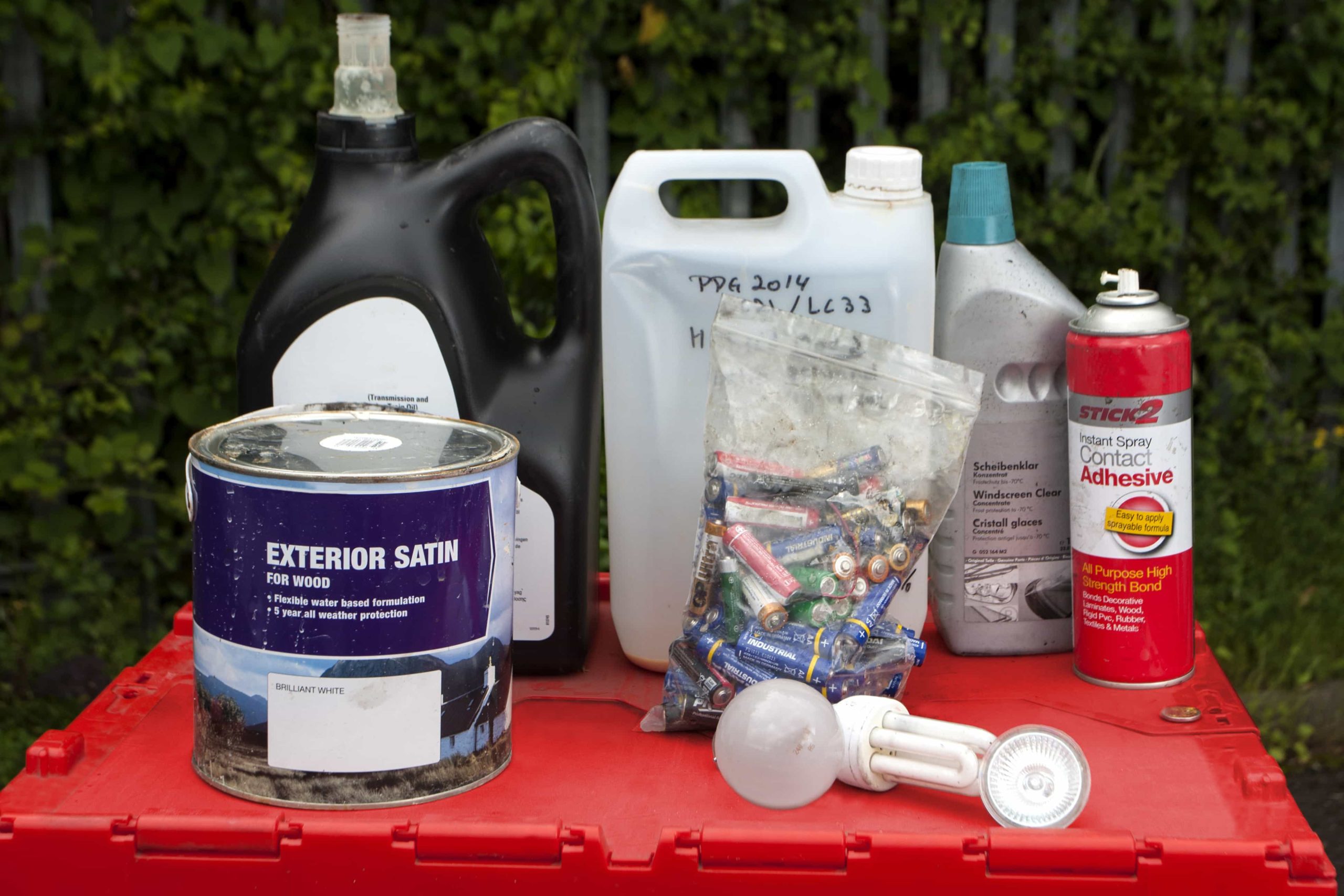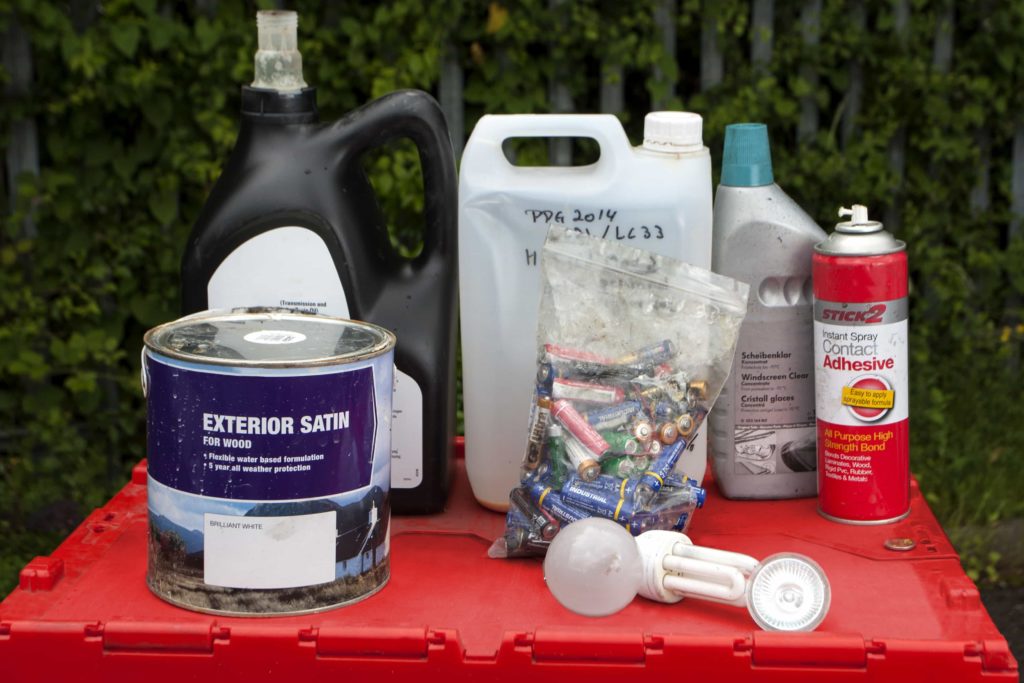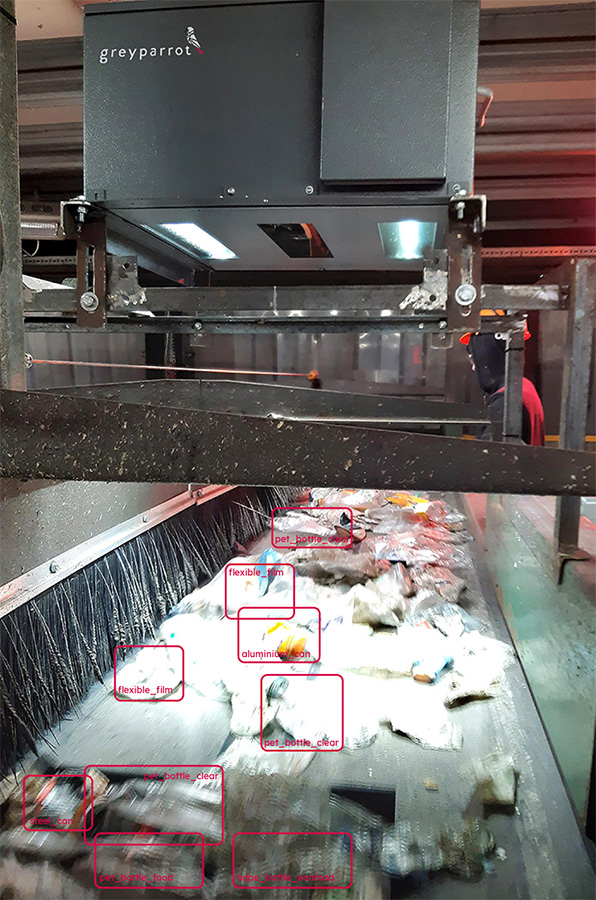The revelation is part of a study published by Biffa today (September 12) that surveyed over 1,000 British SMEs to find out what they knew about hazardous waste.

The material – which includes items such as aerosols, light bulbs, batteries and oily rags – can cause specific harm to the environment or human health and must be collected separately for treatment or disposal under the Hazardous Waste Regulations.
And, while Biffa’s survey shows that while the majority of British businesses thought they were handling hazardous waste appropriately, only 20% have a separate collection for the material.
In addition 45% of the businesses surveyed were unaware that they could face fines or penalties for the way in which they dispose of waste.
Incorrect
Almost a third of respondents said they were not confident their employees knew how to identify and dispose of the material correctly, with materials such as plastics and glass the most common material to be incorrectly identified as hazardous waste.
Commenting on the findings, Biffa’s chief executive officer Ian Wakelin said that while the amount of hazardous waste generated by SMEs is ‘tiny’, it can still result in whole recycling containers being sent to landfill.
“The problem arises because many small businesses are only generating tiny amounts of hazardous wastes, so they don’t think putting it in the normal rubbish bin is a problem.
“But if your company throws out an old computer, polish cans or even a tin of leftover paint, by law they need to be treated properly.”
He added: “When an item of hazardous waste is incorrectly thrown into the recycling, it can result in the whole container having to go to landfill. It’s a shame to have to do that when people have tried hard to recycle the right items. The best thing to do is to get informed.”
Impact
Biffa concludes that the effect of unlimited fines and penalties on SMEs – which are worth over £375 billion to the British economy – could have a ‘very real impact’ on the sector.
However, the survey did highlight some positive findings, with over a third of SMEs stating they see it as their corporate social responsibility to dispose of hazardous waste in line with the regulations.











Subscribe for free